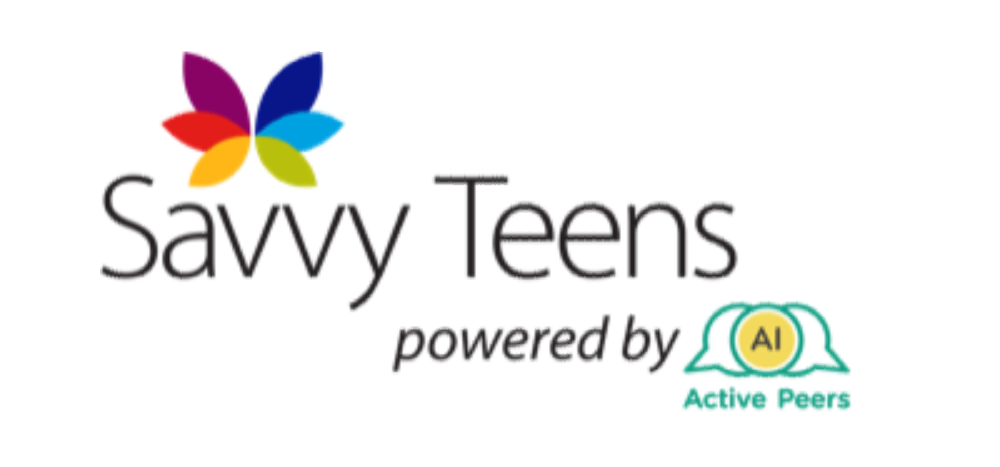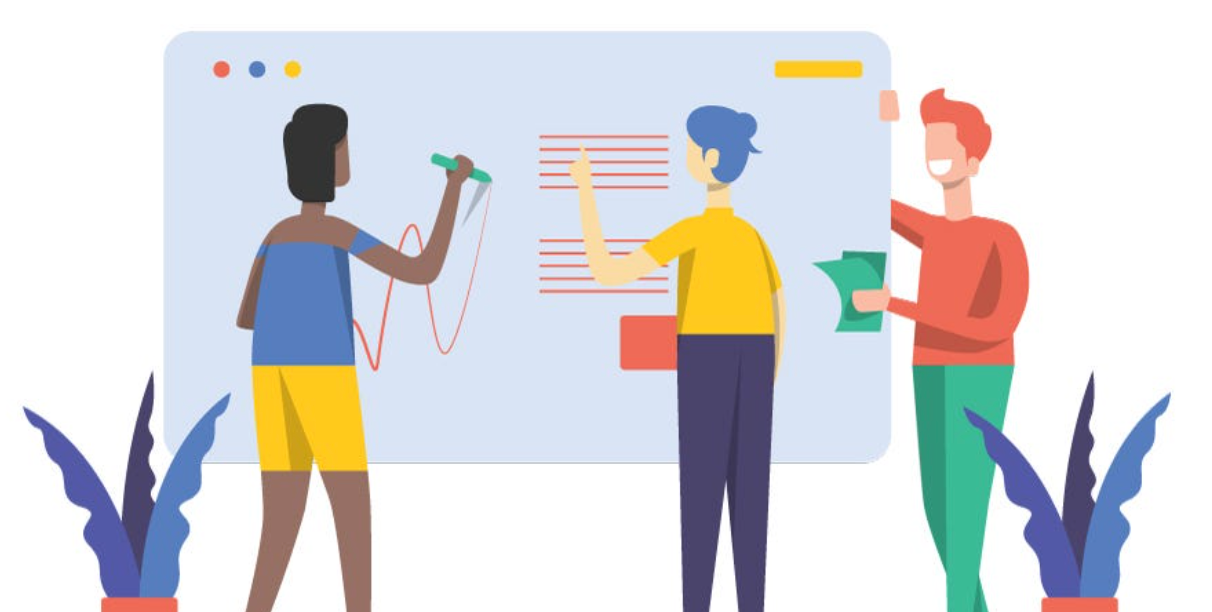The hidden benefits of being the knowledge sharer in a peer learning workshop
“The success of your presentation will be judged not by the knowledge you send but by what the listener receives.”
– Lilly Walters

Peer-to-peer learning is a routine practice in the modern world. University workshops, community gatherings, and morning work meetings all showcase the usability of peer-to-peer learning. Frequently, people are in the position of the learner, taking in new information and applying that to the task at hand. In a practical peer-to-peer approach, the roles of learner and sharer are equally essential and beneficial. We often just think about the advantages of being a listener as the person who has the most to gain from the knowledge-sharing session. But have you ever thought that the person bestowing knowledge gains as much value as the person soaking up new information?
Our online peer learning platform, Active Peer AI, enables people to experience self-development. We collected participants' feedback after our recent peer learning workshop. Participants played both educational roles and ranked the usefulness of the matching algorithm as 4.4/5 and the overall activity as 4.43/5. Consequently, our participants' experience highlights the benefits of being in either position.
Improve communication skills
Communication skills are the core to making a conversation influential. People build on their conversational skills with more experience in structured conversations that set specific and measurable goals. However, people may doubt their communication skills and confidence when speaking to colleagues and peers without practising active listening and speaking. Active Peers AI uses the matching algorithm to enable participants to share thoughts, ideas and questions in a structured conversation. During the discussion, the Active Peer AI system provides several leading questions for individuals to discuss. Therefore, they don't need to worry about getting off-topic, losing focus on the task at hand or not knowing what to say.
When participants can expand on a given topic and broaden the dialogue, the skills acquired are transferable to many industries, sectors and roles. Moreover, explaining an idea, methodology or thought are core skills for professional development, whether you are applying for a new position, leading a team of people or sending emails to clients. "Explaining is an attempt to create understanding, thus going beyond the mere giving of information" (Hargie, 2017, p230). Our participants mentioned that during their experience, they learned the best way to ensure that the listener understands what they are teaching them and the importance of allowing them to ask questions. The ability to pass on your knowledge, help others achieve their goals and enable others to find their voice is a sign of a great leader.
Be confident
During peer learning, everyone brings value to the experience and contributes to the session. The peer matching algorithm creates a compelling experience for everyone involved. The system uses a ranking approach to highlight each person's strengths, enabling participants to use those traits to best help others. Often, our participants express shock at the strengths highlighted by our algorithm, with many people identified as assertive, confident and optimistic.
During the active learning session, our methodology expects participants to be apprehensive about the knowledge they hold and bestow onto others. Therefore, Active Peers, AI exerts every effort to bring people out of their shells throughout the event. There's value in having the confidence to speak your truth. Peer-to-peer learning lets people realise their strengths and be confident about their abilities!
Get affirmation
While sharing knowledge is the core focus of an active learning session, making a meaningful connection and resonating with the experience of others is a valuable part of the experience. For example, one study suggests that unstructured but focused conversations about their daily practice among close colleagues from other professions can yield surprising possibilities for learning (Phelan Barlow and Iversen, 2006). The feeling of belonging and relating to others is a strong force among participants of a peer-learning experience. People are more likely to take in more information if they can connect with the knowledge bearer on a primary human level.
Our peer learning platform aims to pair participants with similar backgrounds, experiences and working statuses to ensure their discussion is relevant to the listener's needs. Peer-to-peer connections can retrace and reshape our judgements and help identify and break down our practices. Sharing the events influencing their daily habits and listening to others relate their experience to them helps them feel at ease and affirmed.
Build a better rapport
Communication is the basis for building a healthy relationship. The participation of both parties in a discussion is essential for effective communication. Our algorithm aims to achieve consistent communication from start to finish. The knowledge sharer ensures the listener's attentiveness and engagement.
Regularly checking in with other people, enabling them the opportunity to ask clarifying questions and share their thoughts, ideas or feelings, is an effective way to build a strong connection with other people. This ability is critical for building your network of professional relationships, working within a team and dealing with clients. People who know how to put themselves in other people's shoes make for great company and succeed in a professional setting.
Within the broader experience of peer-to-peer learning, both parties are in the position to build communication and presentation skills that are transferrable to various areas of their lives. In addition, the person chosen to share their experience has the unique opportunity to boost their confidence, build a good rapport with peers, and feel affirmed in sharing their personal story. Participants who fully commit to the peer learning experience offered by Active Peers AI are guaranteed to benefit the most!
Reference:
Anne M. Phelan, Constance A. Barlow & Sharon Iversen (2006) Occasioning learning in the workplace: The case of interprofessional peer collaboration, Journal of Interprofessional Care, 20:4, 415-424, DOI: 10.1080/13561820600845387
Hargie, O. (2017) Skilled Interpersonal Communication: Research, Theory and Practice (6th edition). London: Routledge












